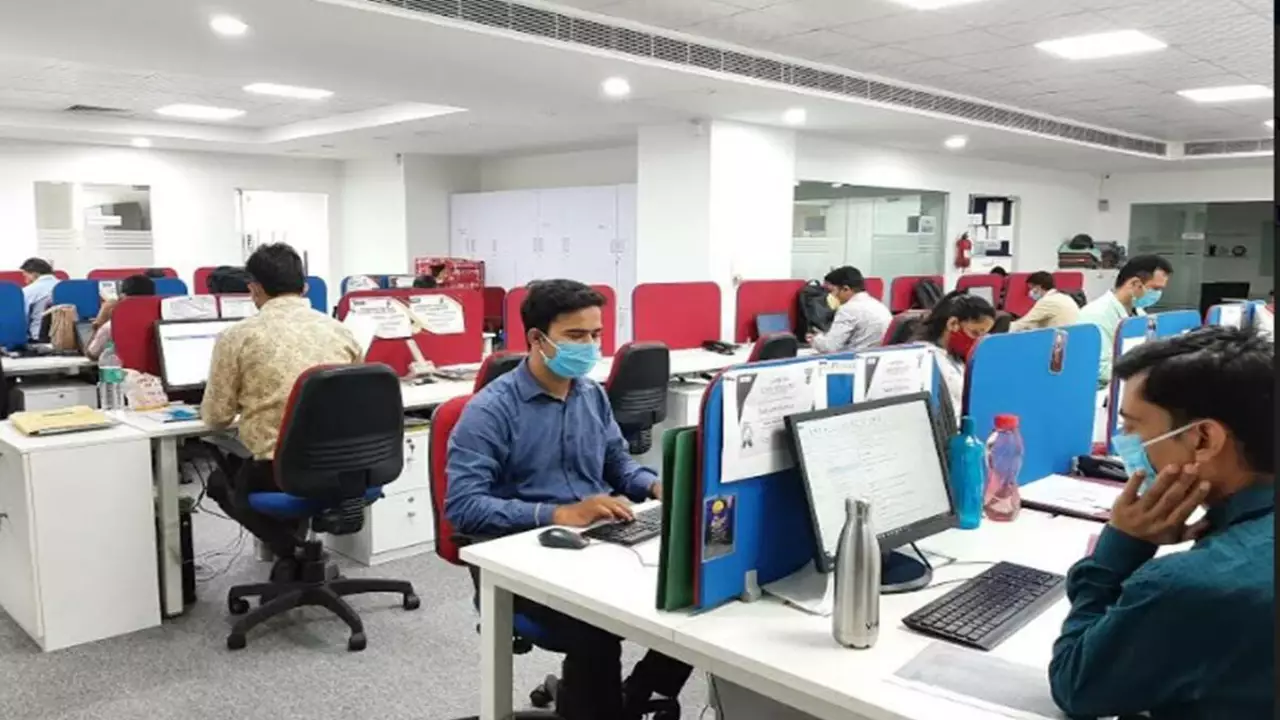Work Comparison: Real‑World Insights on Jobs in India vs. Abroad
Thinking about switching from a local job to an overseas role? Or maybe you just want to know how your current position measures up against similar positions abroad. Either way, you’re in the right spot. Below we break down the biggest factors that matter when you compare work in India with work in other countries.
Salary and Benefits – What’s the Real Difference?
First thing most people look at is pay. In India, a mid‑level IT professional might earn around ₹12‑15 lakh per year, while the same role in the US can command $80‑100 k. That sounds huge, but remember that cost of living varies a lot. A ₹15 lakh salary in Delhi covers rent, food, and transport comfortably, while $90 k in New York barely covers a one‑bedroom apartment and groceries.
Beyond the base salary, look at benefits. Many Indian firms now offer health insurance, performance bonuses, and flexible work‑from‑home options. In the West, you’ll often see employer‑paid health plans, retirement contributions, and paid parental leave that are more generous. When you add those perks into the equation, the gap can shrink.
Work Culture – Office Hours, Hierarchy, and Flexibility
Indian workplaces usually have a clear hierarchy. Decisions flow from top to bottom, and you’ll often see a formal tone in meetings. In contrast, many Western companies promote a flat structure where ideas are encouraged from any level. That can feel refreshing if you like speaking up, but it also means you may need to be more proactive.
Office hours are another big difference. In India, overtime is common and sometimes expected, especially in tech and consulting. Overseas firms tend to value work‑life balance more, with set hours and the “no‑email‑after‑hours” rule becoming the norm. However, this depends on the industry and the company’s culture, so always ask during an interview.
Flexibility is growing everywhere. Remote work, flexible timings, and four‑day weeks are now on the table in many Indian startups, mirroring trends abroad. If flexibility matters to you, look for firms that list it clearly in their job description.
When you weigh these points, the best choice isn’t just about money. Think about what matters most to you: career growth, family time, or the chance to experience a new city. A higher salary overseas won’t help if you’re missing the support system back home.
Finally, do a quick self‑audit. Write down your priorities, compare them with what each opportunity offers, and see where the overlap is strongest. That simple exercise can save you weeks of second‑guessing.
Whatever path you choose, remember that comparing work isn’t a one‑time thing. Your goals will change, and so will the job market. Keep revisiting the factors that matter most, and you’ll stay on the right track.
